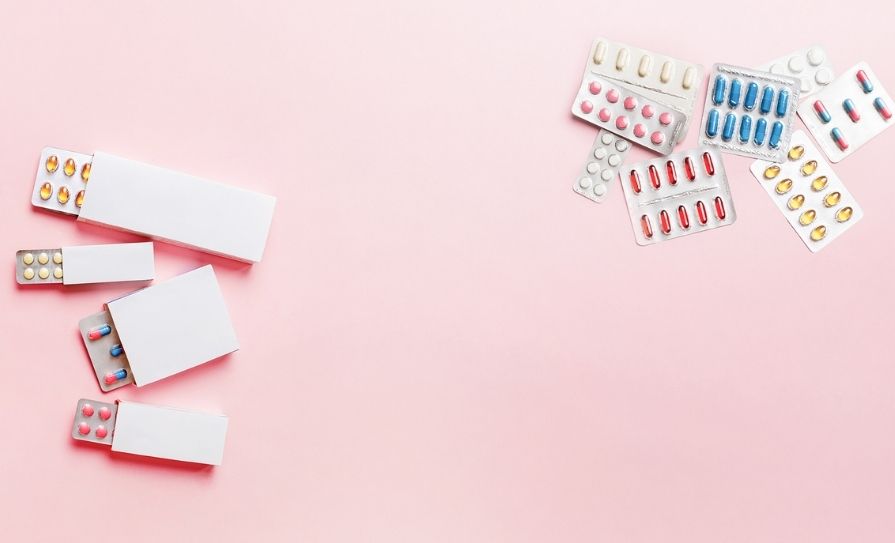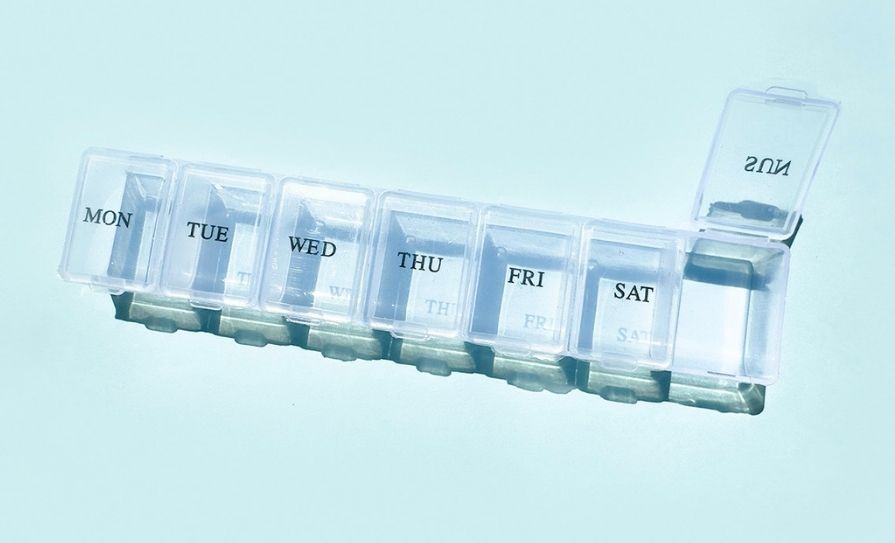There is increasing focus on the benefits of ginkgo biloba, an ancient remedy with potential for modern applications in a number of conditions, including age-related conditions and Raynaud’s disease
There has been increasing interest in recent years regarding the beneficial effects of ginkgo biloba supplementation and its potential benefits not only for cognitive health, but also for some neurological and physiological conditions.
Ginkgo is an ancient tree species native to China and the trees are known to live in excess of 1,000 years. Traditional medicine has focused on the use of the leaves themselves, however more modern health applications are based on an extract from the fan-shaped leaves.
The efficacy of ginkgo biloba is believed to be derived from the antioxidant properties of flavonoids, helping to dilate blood vessels and improve circulation. Much of the research to date has been focused on its effects on the symptoms of dementia and claudication (insufficient blood flow). While the supplement is safe to ingest as an oral tablet, capsule or tea, raw or roasted ginkgo seeds can be poisonous.
Ageing-related diseases
There have been efforts to advance studies into the benefits of ginkgo biloba, including a 2017 statistical analysis on its effects on ageing-related diseases. The authors point out that ginkgo biloba may have a role in the increasingly urgent need to find new therapies for age-related diseases, particularly with the continuing increase worldwide in the ageing population.2
During the ageing process, they point out, tissues suffer DNA oxidative damage, protein oxidative injury, lipid peroxidation, etc, all of which significantly contribute to the progression of degenerative diseases. EGb 761, ginkgo biloba extract, “has been found to improve the capacity of antioxidants in intermittent high glucose by inhibiting ROS generation, 8-OHdG and oxidative DNA damage in human umbilical vein endothelial cells,” the authors wrote. In rat models with intermittent hypoxia to induce hippocampal DNA damage that were administered EGb 761, there was found to be reduced levels of 8-OHdG and their DNA damage reversed, and “EGb was found to not only attenuate DNA damage, but also stimulate DNA repair.”
“Based on the reviewed information regarding EGb’s effects in vitro and in vivo, most have reported very positive outcomes with strong statistical analyses, indicating that EGb must have some sort of beneficial effect,” they noted, while pointing out that more conclusive research in humans is needed based on age, drug doses and duration, and physical condition.2 “We therefore call on clinicians and clinician-scientists to establish a set of standard and reliable standard operating procedure for future clinical studies to properly evaluate EGb’s effects in the healthy and diseased person, since it is highly possible it possesses beneficial effects.”
Dosage
Severe adverse reactions to ginkgo biloba supplementation are rare and at recommended doses (120-to-240mg), there are unlikely to be any clinically-important drug-drug interactions between EGb and other therapies a patient may be taking. At that daily dose, ginkgo leaf extracts have been used in clinical trials for cognitive and cardiovascular disorders.
Raynaud’s disease
Aside from other conditions, there has been increased focus on the potential for ginkgo biloba as a treatment for Raynaud’s disease (RD) and to improve circulation. A clinical trial examined the effectiveness of ginkgo biloba extract sederin in the condition, which is also referred to as Raynaud’s phenomenon (RP). The authors noted that RP is characterised by episodes of painful digital ischaemia brought on by cold and emotion. Participants were randomised to receive either sederin extract or placebo and blood samples were taken pre- and post-treatment.
There was found to be a reduction in the number of RP attacks per day: “The number of attacks per week prior to treatment with seredrin was 13.2 +/- 16.5, reducing to 5.8 +/- 8.3, a reduction of 56%, whereas placebo reduced the number by only 27% (p < or = 0.00001),” the authors wrote.
“There were no significant differences in hemorheology between the two groups. Ginkgo biloba phytosome may be effective in reducing the number of Raynaud’s attacks per week in patients suffering from Raynaud’s disease.”
The authors noted that caution should be exercised when combining ginkgo biloba with conventional anticoagulation therapy: “This initial study is of interest, as it showed a clear and highly statistically significant reduction in the number of Raynaud’s attacks per day, as well as positive trends in other parameters,” they wrote. “However, it contained only small numbers and should function as pilot work for a large multi-centre study to evaluate the potential effect of ginkgo biloba as a treatment for RD.”
Many small studies indicate that there are protective effects derived from ginkgo biloba in a number of conditions — including Raynaud’s disease, dental health, migraine, bone mineral density, hyperuricaemia and aerobic performance, among others. However, almost all authors are in agreement that more high-powered, large-scale studies are needed to formalise and create standard operating procedures for the use of a supplement that may provide significant benefits in a range of human conditions.
References
- Mayo Clinic, Ginkgo, 2017. Accessed 5/8/2020.
- Wei Zou et al, Advances in the Studies of Ginkgo Biloba Leaves Extract on Aging-Related Diseases. Aging Dis, 2017 Dec; 8(6): 812–826, doi: 10.14336/AD.2017.0615.
- https://www.drugs.com/npp/ginkgo-biloba.html. Ginkgo Biloba. Accessed 13/8/2020.
- A Muir et al, The use of Ginkgo biloba in Raynaud’s disease: A double-blind placebo-controlled trial, 2002. Vasc Med, doi: 10.1191/1358863x02vm455oa.







